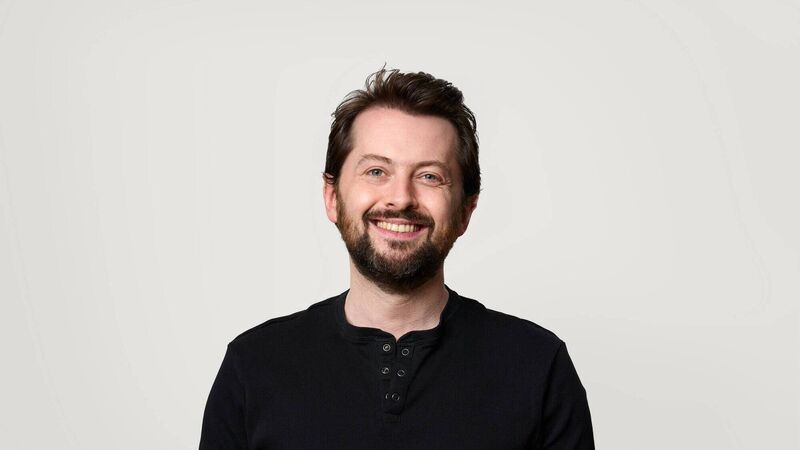Ireland has a moral duty to boost its defence capability against cyberattacks and disinformation

Ross Frenett: "Social media giants are the oil companies of the 21st century, massive data mining operations with the possibility to do great harm if not well run and properly regulated."
War is changing.
Democracy is not just threatened by despots sending tanks and hapless conscripts across borders to seize territory, but by digital armies dispatched by hostile actors to undermine our societal cohesion, spread disinformation and inflame tensions.













